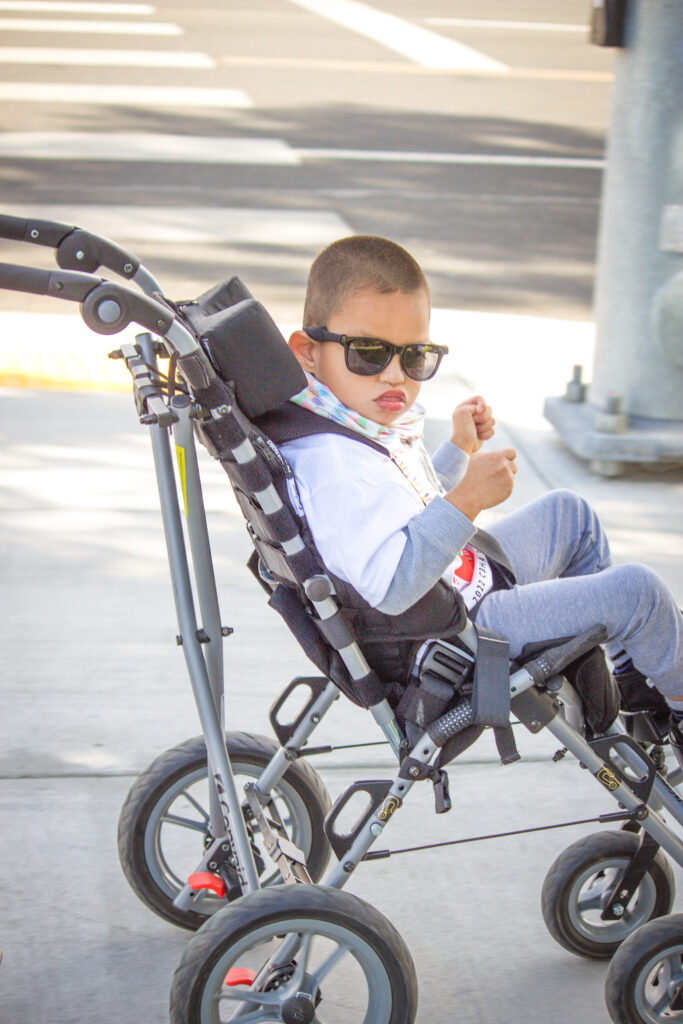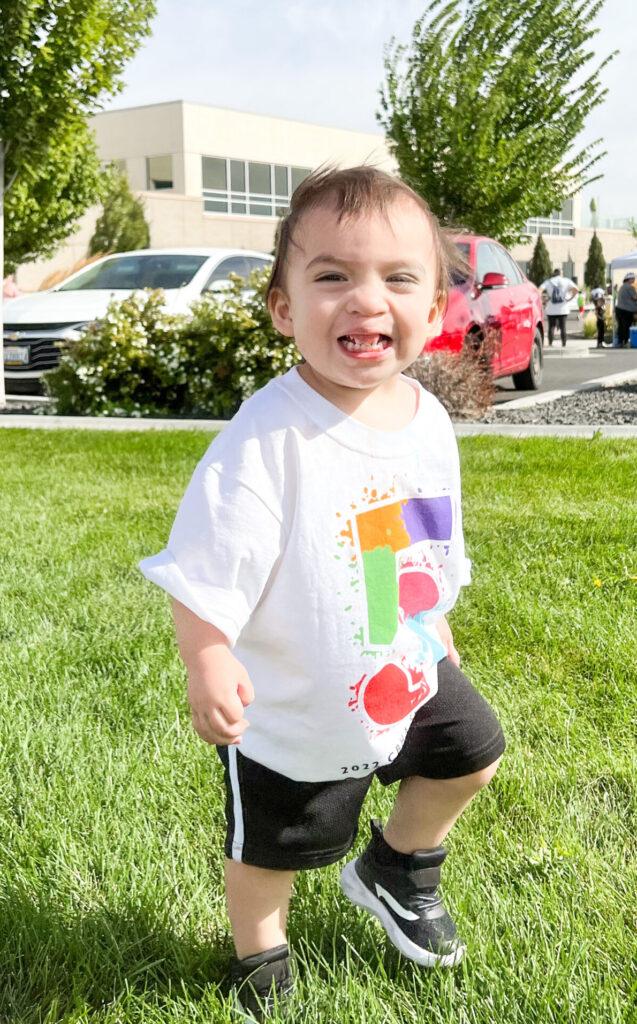Birth Defects: Bringing Awareness towards Childhood Wellness


Birth defects, also known as congenital disorders, are conditions present at birth that can affect a baby’s physical or mental development. They affect around 3% of all live births in the United States.
It’s important that we educate ourselves on this topic so that we know how to approach parents and children who live with this condition daily, so we can provide support.
As you continue reading, you’ll learn about various types of congenital disorders, their effects on babies, what pregnant moms can do to help prevent birth defects, and how you can support them.
There are many different birth defects, varying significantly in severity, from cosmetic issues to developmental delays and disabilities. We’ve grouped them into categories based on the affected body system or area of the body.
Some common types of congenital disabilities include:
Cardiac defects affect the heart and blood vessels and can consist of problems with the heart’s structure, rhythm, or function. Some examples are:
- Atrial Septal Defect: Hole in the heart
- Heart valve Stenosis: The heart valve doesn’t open properly.
- Congestive Heart failure: The heart muscle doesn’t pump blood as well as it should.

Neural tube defects affect the brain and spinal cord and can include problems such as:
- Anencephaly: The brain and skull do not develop properly and are not adequately protected.
- Spina bifida: The spinal cord does not develop appropriately and may be exposed outside the skin and not adequately protected.
Chromosomal defects affects the chromosomes, which carry the genetic information that determines a person’s characteristics. Some examples are:
- Down syndrome: There is an extra copy of chromosome 21
- Turner syndrome: A female is missing an X chromosome.
- Cystic Fibrosis: Development of thick mucus that clogs specific organs, such as lungs, pancreas, and intestines, along with affecting their ability to metabolize some things.
Musculoskeletal defects affect the bones, muscles, and joints and can include problems such as:
- Clubfoot: The foot is twisted out of shape
- Cleft lip and palate: The lip and roof of the mouth do not form properly.
Gastrointestinal defects affect the digestive system and can include problems such as a missing or malformed intestine.

Genitourinary defects affect the urinary and reproductive systems and can include problems such as a missing or malformed kidney or a malformed uterus.
While some congenital disabilities can be prevented, many cannot. However, there are certain things that parents can do to reduce the risk of congenital disabilities. For example, if planning on getting pregnant, or are pregnant, the mother should take prenatal vitamins that contain folic acid. This can help prevent neural tube defects.
They should also avoid alcohol, over-the-counter medications unless instructed, non-prescribed or illicit drugs, and exposure to certain environmental toxins. Pregnant moms should also seek prenatal care and ask their healthcare provider for tests and screenings to ensure their baby’s health.
It’s vital that parents are aware of the signs and symptoms of birth defects because early detection and intervention can significantly improve a child’s outcome. CBHA provides a wide range of resources for children with birth defects, such as Speech Therapy, Early Intervention, special education, support for families and caregivers, and so much more.
Our 5K Color Run: Run For A Cause provides financial and emotional support for families who live with birth defect conditions, along with providing awareness of these conditions.
Be part of the cause at this year’s Color Run, and show your support towards children with birth defects.






